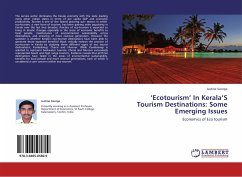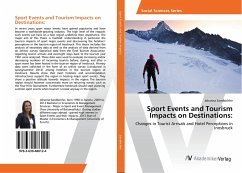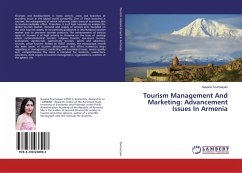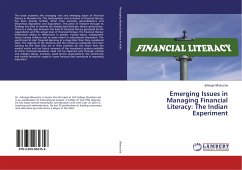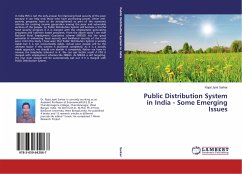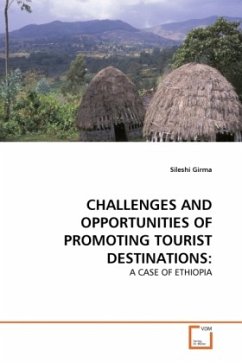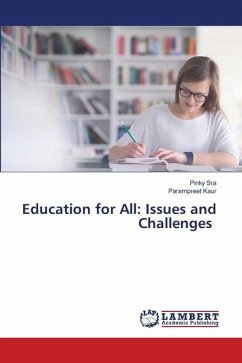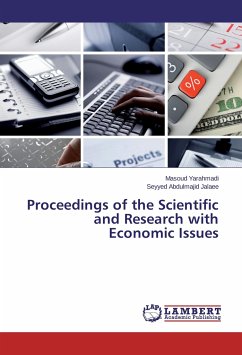The service sector dominates the Kerala economy with the state leading many other Indian states in terms of per capita GDP and economic productivity. Tourism is one of the fastest growing sub- sectors in which eco-tourism, a new form of tourism, has been gaining wide popularity in Kerala over the last two decades. Practice of eco-tourism is expected to bring in drastic changes especially in the areas of economic benefits to local people, maintenance of environmental sustainability across destinations, and ensuring of more revenue generation. However the question is whether Kerala s eco-tourism destinations have been able to generate those expected benefits? Book critically reviews the practice of eco-tourism in Kerala by studying three different types of eco tourist destinations; Kumbalangi, Cherai and Munnar. While Kumbalangi is selected to represent backwater tourism, Cherai and Munnar successively represented beach and high range tourism., Evidence reveals that all three destinations have failed in the areas of environmental sustainability, benefits for local people and more revenue generations, each of which is considered a core concern within eco-tourism.
Bitte wählen Sie Ihr Anliegen aus.
Rechnungen
Retourenschein anfordern
Bestellstatus
Storno

